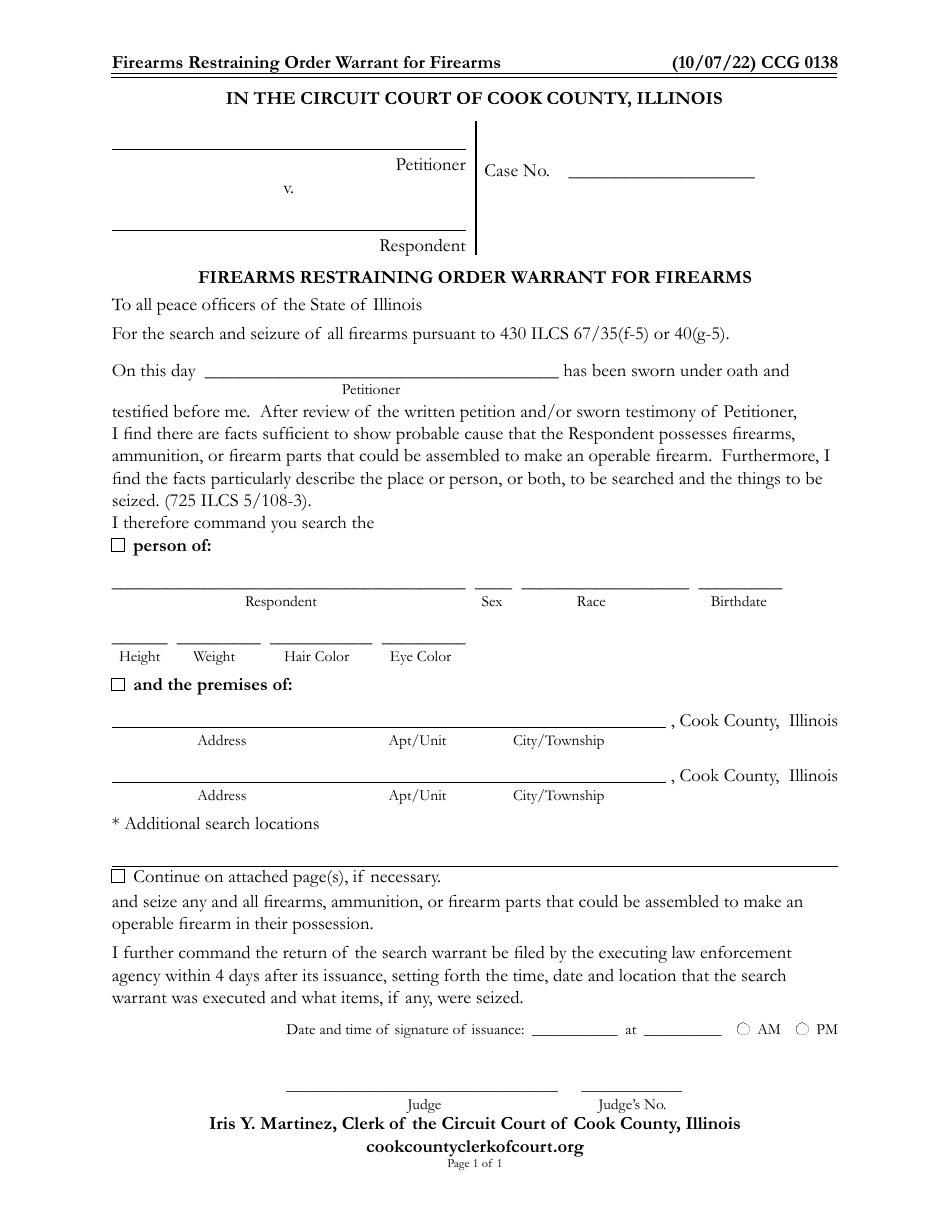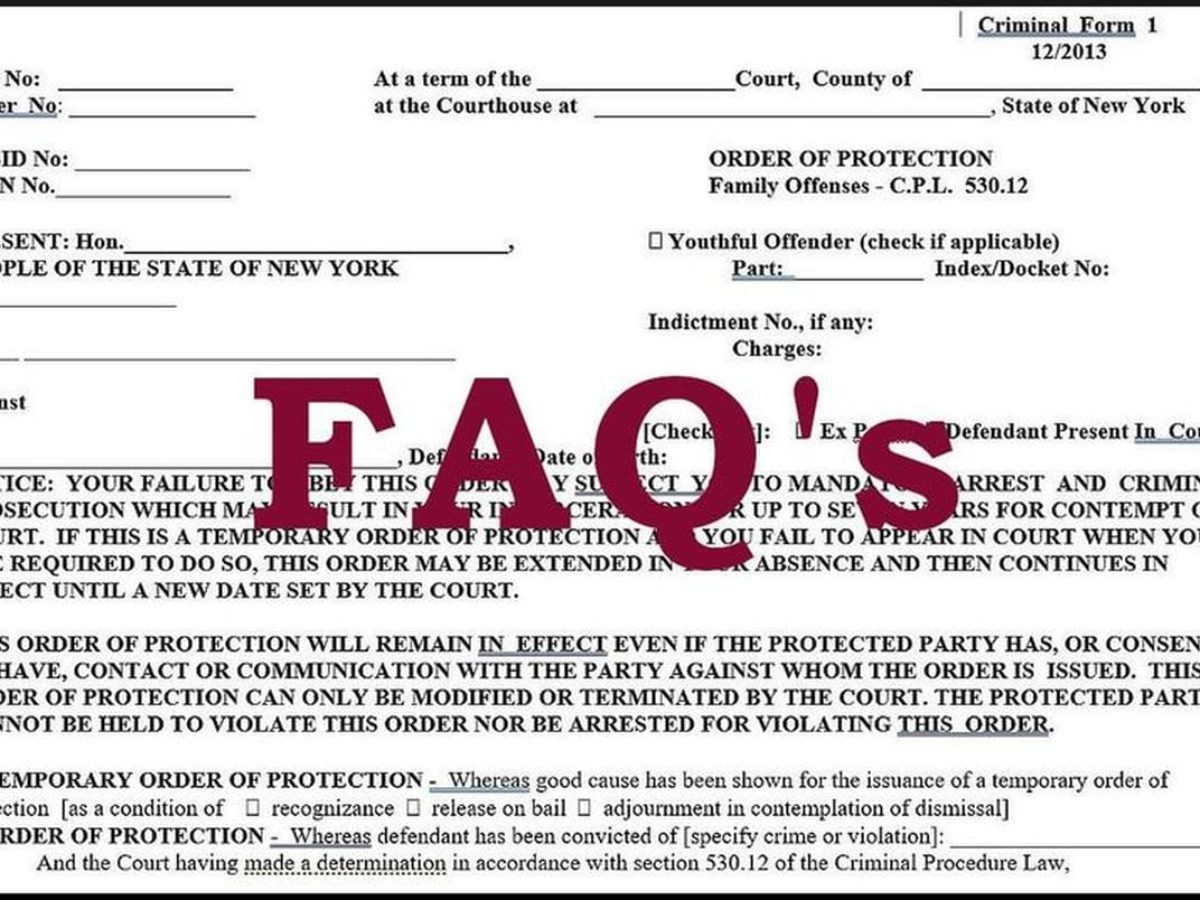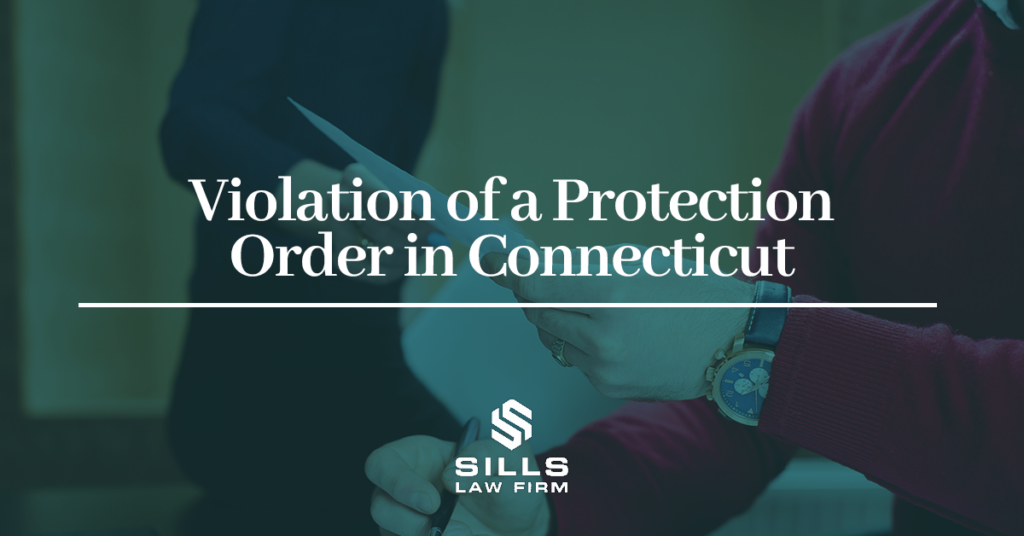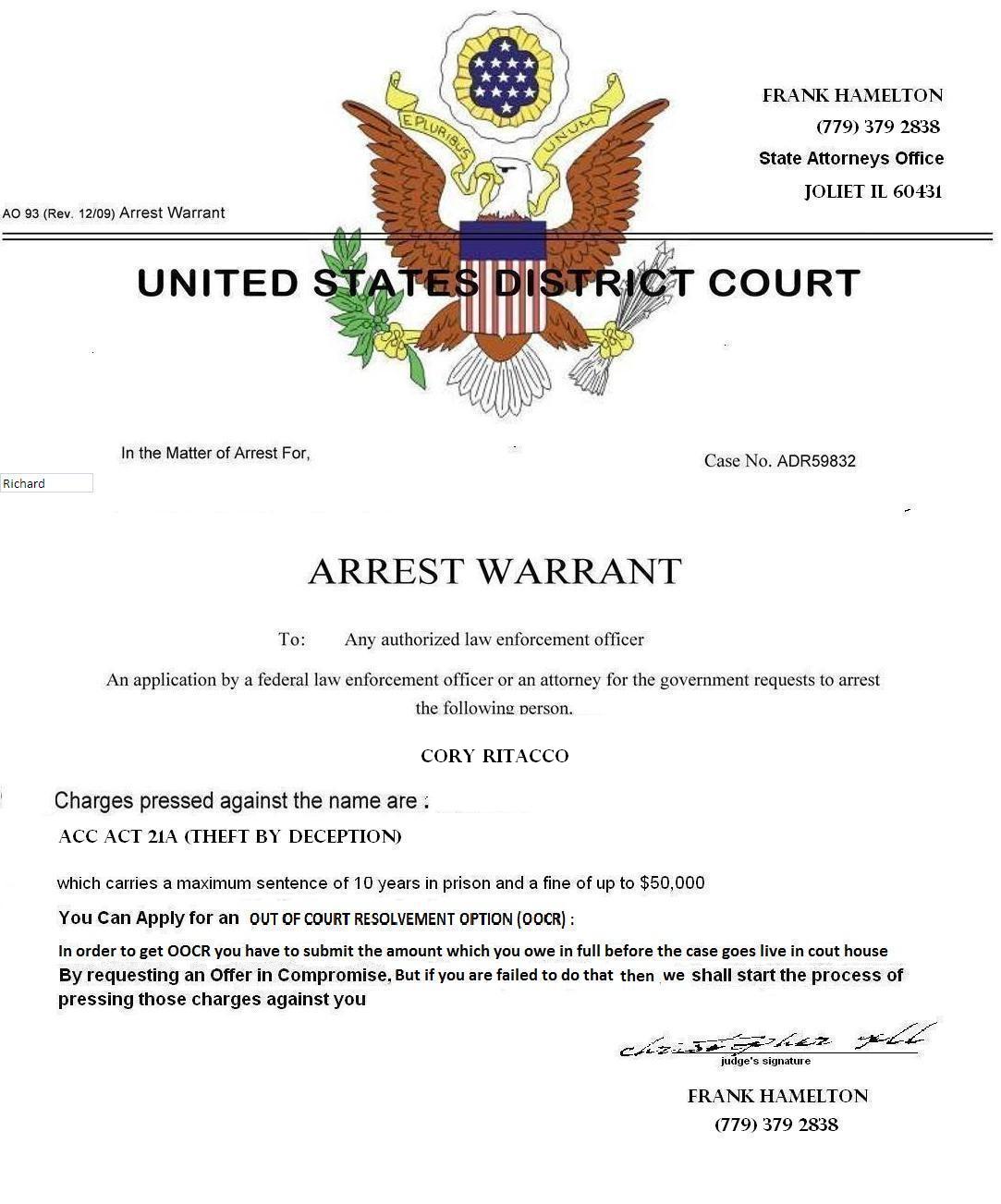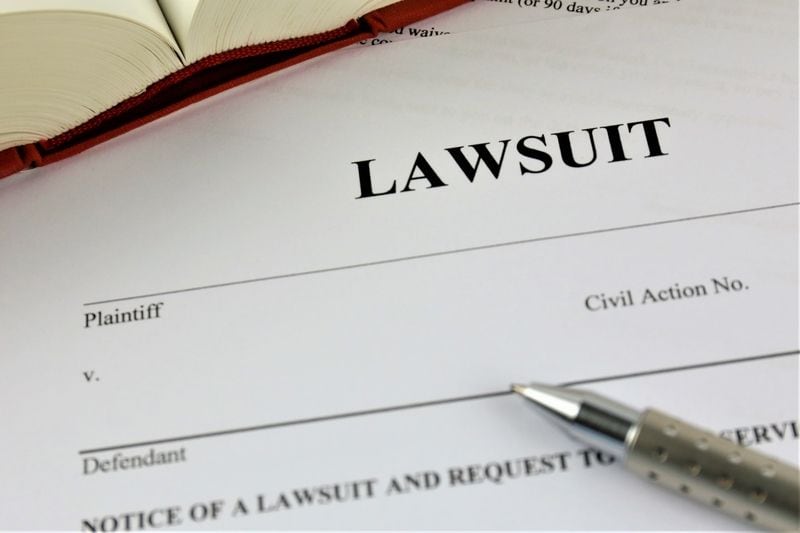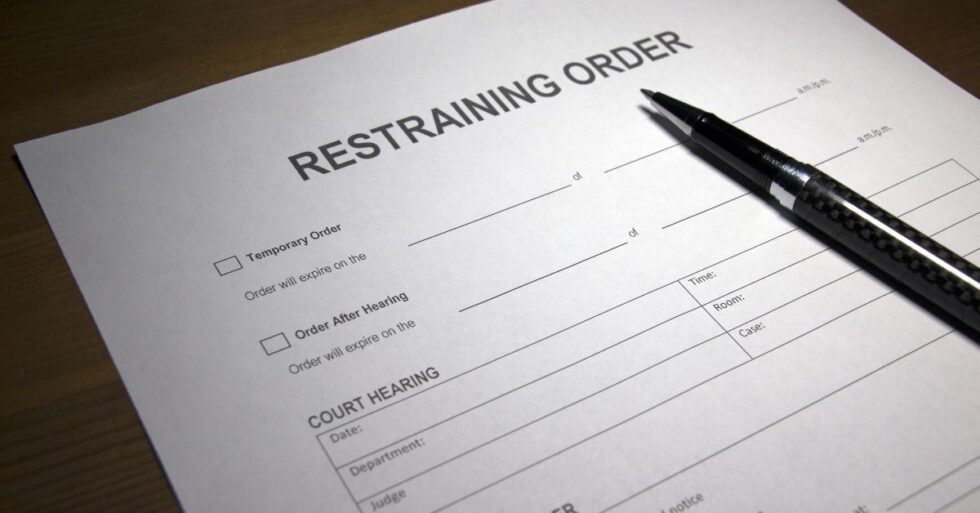What Warrants A Restraining Order - A restraining order is a court order to protect a person from abuse, threats, or harassment by another. Protective orders can provide you with legal protection, but they cannot necessarily protect you from violence. 1) family abuse protective order, which is heard in the juvenile and domestic relations. Restraining orders, also called protection (or protective) orders, are orders issued by judges that tell people to do or not do certain. Officers are typically authorized to arrest the respondent without a warrant if they witness a breach of the order’s terms. There are three types of protective orders designed to offer protections against an abusive family member or household member: In virginia, there are two kinds of protective orders: Certain criminal offences, civil offences, and allegations may warrant a court to issue a restraining order against a person.
Officers are typically authorized to arrest the respondent without a warrant if they witness a breach of the order’s terms. 1) family abuse protective order, which is heard in the juvenile and domestic relations. Certain criminal offences, civil offences, and allegations may warrant a court to issue a restraining order against a person. There are three types of protective orders designed to offer protections against an abusive family member or household member: Protective orders can provide you with legal protection, but they cannot necessarily protect you from violence. A restraining order is a court order to protect a person from abuse, threats, or harassment by another. Restraining orders, also called protection (or protective) orders, are orders issued by judges that tell people to do or not do certain. In virginia, there are two kinds of protective orders:
A restraining order is a court order to protect a person from abuse, threats, or harassment by another. Protective orders can provide you with legal protection, but they cannot necessarily protect you from violence. Certain criminal offences, civil offences, and allegations may warrant a court to issue a restraining order against a person. Officers are typically authorized to arrest the respondent without a warrant if they witness a breach of the order’s terms. There are three types of protective orders designed to offer protections against an abusive family member or household member: Restraining orders, also called protection (or protective) orders, are orders issued by judges that tell people to do or not do certain. In virginia, there are two kinds of protective orders: 1) family abuse protective order, which is heard in the juvenile and domestic relations.
Form CCG0138 Download Fillable PDF or Fill Online Firearms Restraining
A restraining order is a court order to protect a person from abuse, threats, or harassment by another. 1) family abuse protective order, which is heard in the juvenile and domestic relations. Officers are typically authorized to arrest the respondent without a warrant if they witness a breach of the order’s terms. In virginia, there are two kinds of protective.
Restraining Order Injunction Complete with ease airSlate SignNow
A restraining order is a court order to protect a person from abuse, threats, or harassment by another. Restraining orders, also called protection (or protective) orders, are orders issued by judges that tell people to do or not do certain. In virginia, there are two kinds of protective orders: There are three types of protective orders designed to offer protections.
How To Find Out If I Have A Restraining Order Desksandwich9
1) family abuse protective order, which is heard in the juvenile and domestic relations. Officers are typically authorized to arrest the respondent without a warrant if they witness a breach of the order’s terms. Certain criminal offences, civil offences, and allegations may warrant a court to issue a restraining order against a person. There are three types of protective orders.
Arrest Warrants in Connecticut What You Need to Know
1) family abuse protective order, which is heard in the juvenile and domestic relations. Officers are typically authorized to arrest the respondent without a warrant if they witness a breach of the order’s terms. Protective orders can provide you with legal protection, but they cannot necessarily protect you from violence. There are three types of protective orders designed to offer.
How to get a restraining order Civil Law Guide
Protective orders can provide you with legal protection, but they cannot necessarily protect you from violence. Certain criminal offences, civil offences, and allegations may warrant a court to issue a restraining order against a person. In virginia, there are two kinds of protective orders: Officers are typically authorized to arrest the respondent without a warrant if they witness a breach.
Federal Arrest Records
Restraining orders, also called protection (or protective) orders, are orders issued by judges that tell people to do or not do certain. Certain criminal offences, civil offences, and allegations may warrant a court to issue a restraining order against a person. In virginia, there are two kinds of protective orders: 1) family abuse protective order, which is heard in the.
Restraining Orders Outer Banks, North Carolina Criminal Defense Lawyer
In virginia, there are two kinds of protective orders: There are three types of protective orders designed to offer protections against an abusive family member or household member: Certain criminal offences, civil offences, and allegations may warrant a court to issue a restraining order against a person. 1) family abuse protective order, which is heard in the juvenile and domestic.
Jackson County, Illinois Emergency Firearms Restraining Order Fill
Certain criminal offences, civil offences, and allegations may warrant a court to issue a restraining order against a person. A restraining order is a court order to protect a person from abuse, threats, or harassment by another. Protective orders can provide you with legal protection, but they cannot necessarily protect you from violence. There are three types of protective orders.
Restraining Order vs. Protective Order What's the Difference? The
Certain criminal offences, civil offences, and allegations may warrant a court to issue a restraining order against a person. Protective orders can provide you with legal protection, but they cannot necessarily protect you from violence. In virginia, there are two kinds of protective orders: Restraining orders, also called protection (or protective) orders, are orders issued by judges that tell people.
Form CCG0138 Fill Out, Sign Online and Download Fillable PDF, Cook
A restraining order is a court order to protect a person from abuse, threats, or harassment by another. In virginia, there are two kinds of protective orders: Certain criminal offences, civil offences, and allegations may warrant a court to issue a restraining order against a person. 1) family abuse protective order, which is heard in the juvenile and domestic relations..
1) Family Abuse Protective Order, Which Is Heard In The Juvenile And Domestic Relations.
A restraining order is a court order to protect a person from abuse, threats, or harassment by another. There are three types of protective orders designed to offer protections against an abusive family member or household member: Protective orders can provide you with legal protection, but they cannot necessarily protect you from violence. Restraining orders, also called protection (or protective) orders, are orders issued by judges that tell people to do or not do certain.
Officers Are Typically Authorized To Arrest The Respondent Without A Warrant If They Witness A Breach Of The Order’s Terms.
In virginia, there are two kinds of protective orders: Certain criminal offences, civil offences, and allegations may warrant a court to issue a restraining order against a person.
